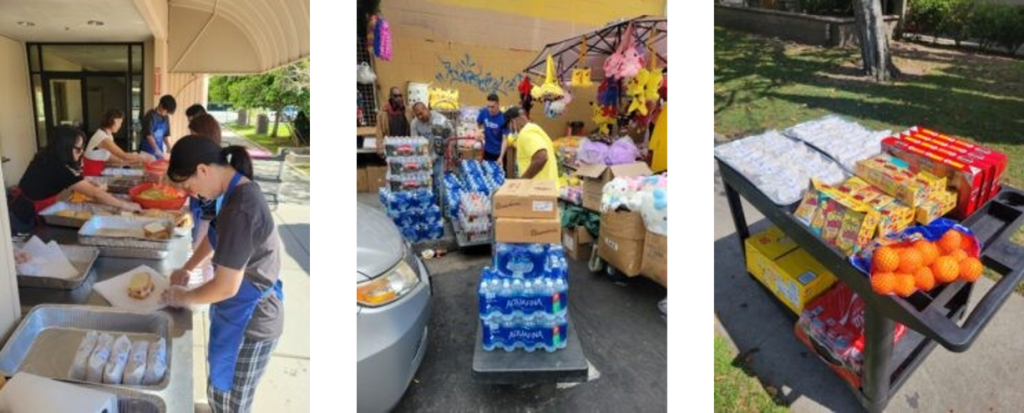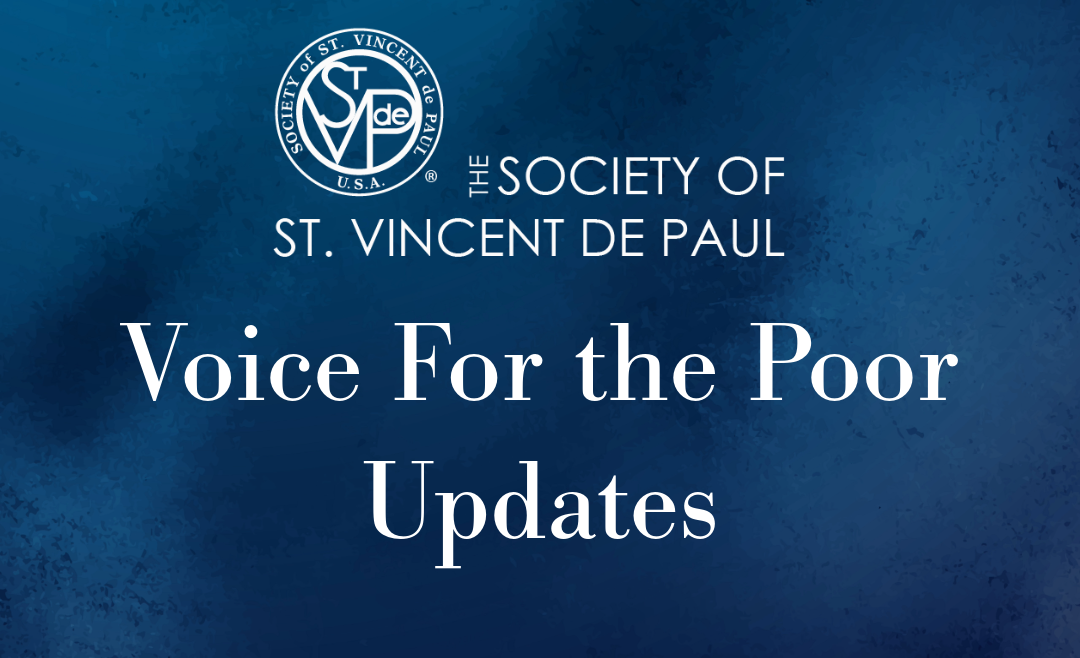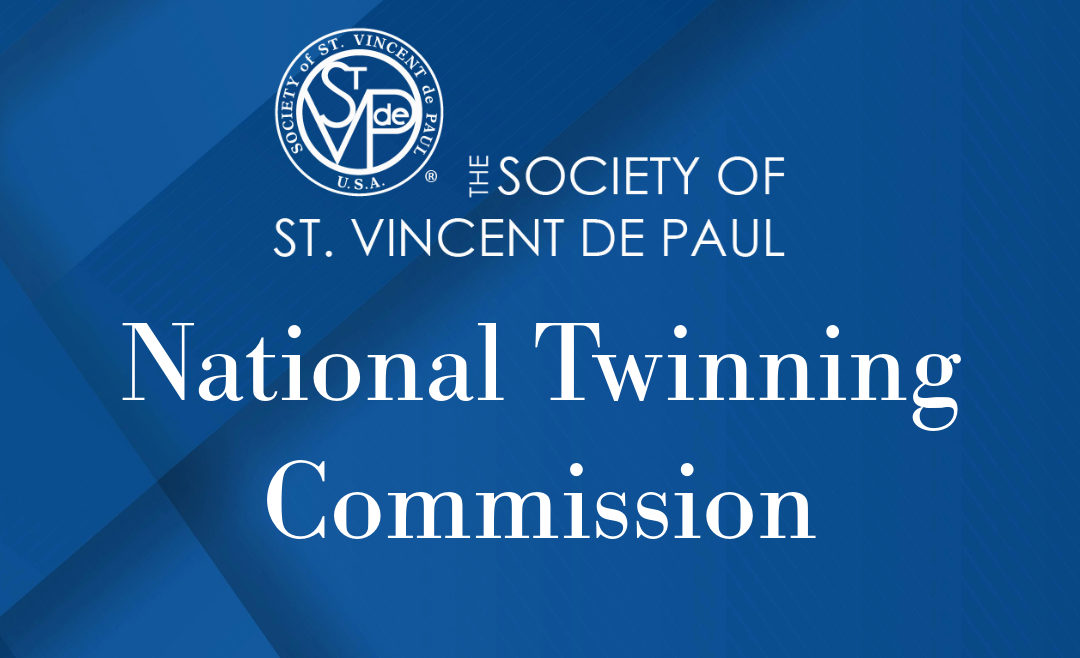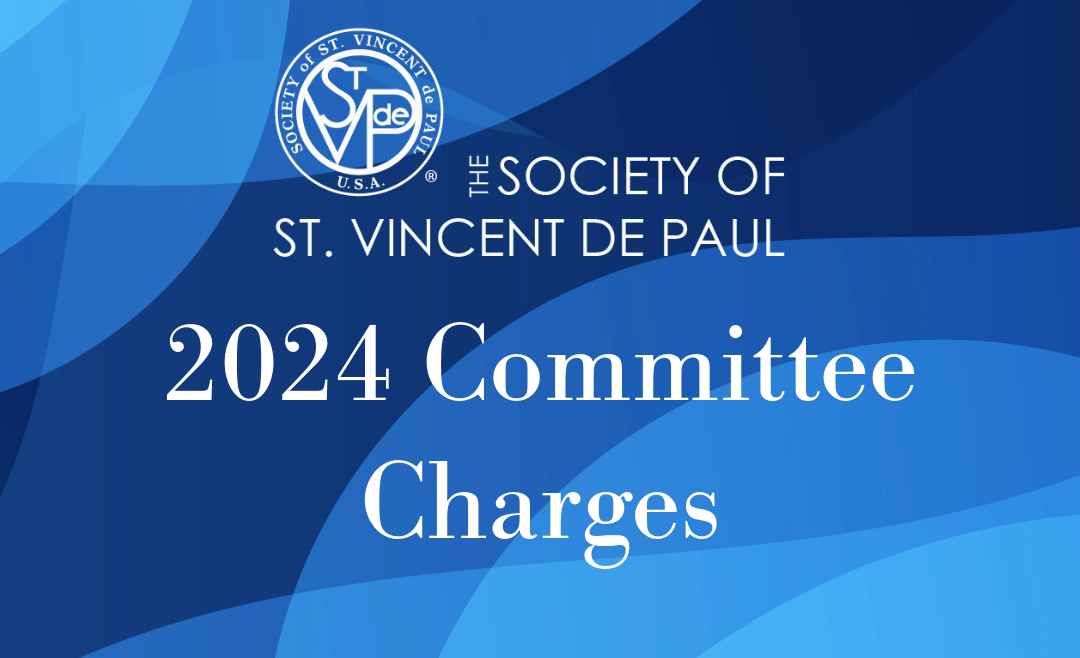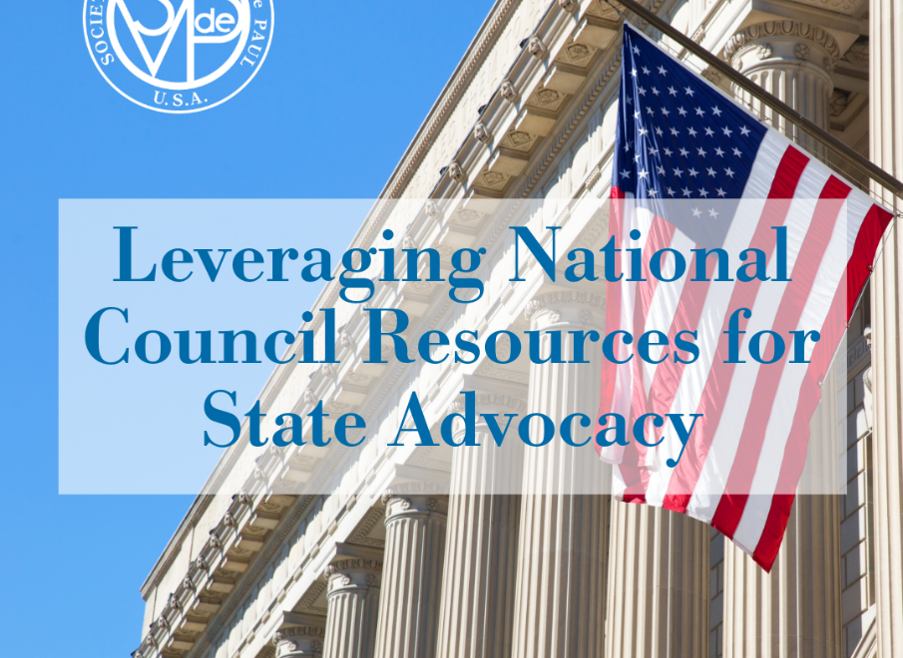Dear Fellow Vincentians,
We’ve been teasing this idea for awhile, and are proud to announce that today is the day!
Titled “See the Face of Christ. Be the face of Christ”, the National Council is kicking off a membership marketing campaign aimed at adding 10,000 new members to the Society of St. Vincent de Paul nationwide. Ten thousand may sound like an ambitious, even audacious, goal, but it really breaks down to about 2.5 new members per Conference. That sounds pretty achievable, doesn’t it? (Maybe not the .5 part, but you get the idea.)
To help make it as easy as possible for you to attract and welcome new members into the Society, we’ve created a wealth of resources aimed at making it easy for you to invite your family, friends, and fellow parishioners to join us in spirituality, service, and friendship.
Here’s a quick overview of your toolkit:
- Digital Advertising on Facebook and Instagram from now through October. When you see the ads, like and share them to help our audience grow!
- Organic posts, including videos and static posts, on Facebook, Instagram, and LinkedIn. We’ll have content highlighting both our campaign theme and all the everyday ways Vincentians serve others to See the Face of Christ, and Be the Face of Christ. Don’t forget to Like and Share!
- Online campaign merch store. Been looking for just the right shirt or hat to show your SVdP spirit? Check out our new campaign store! A variety of sizes, styles, and colors are available, allowing you to put your personal spin on SVdP and become a walking billboard for who we are and what we do.
- Digital downloads. Need yard signs, banners, posters? How about flyers and prayer cards to share at your next parish ministry fair? We’ve got you covered! Visit our online merch store and download the items you want for free, then take them to your local printer. You get only the items you need, saving you time and shipping costs.
- An updated Invitation to Serve. Now known as Creating a Culture of Welcome, this updated resource includes valuable ideas for how to invite new members into your Conference, including updated Pulpit Talk examples!
- New videos are coming! A few short videos are already available on our campaign landing page, and you’re welcome to share these on your local social media or parish events. At National Assembly this year, we will also premiere a new brand video that can be shown locally and nationally to inspire new members.
While our aim for you is to run this campaign nationally through October 2024, remember that you can use many of these resources any time of year! We should think of welcoming new members to the Society year round, not just during parish fair season or when the workload gets too heavy. Every day is a good day to invite someone to join us!
Yours in Christ,
Dave Barringer
National CEO


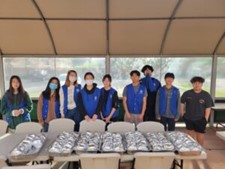
 As President of the 103 Saints Korean Catholic Center Vincentian Conference, Ken Lee oversees and coordinates all of their charitable activities. His role involves planning their outreach efforts, mobilizing volunteers, and ensuring that their resources are used effectively to help those in need in the community. Lee has actively served within the Vincentian Conference for six years. Throughout this time, he has had the privilege of collaborating with dedicated conference members and contributing to various community service initiatives.
As President of the 103 Saints Korean Catholic Center Vincentian Conference, Ken Lee oversees and coordinates all of their charitable activities. His role involves planning their outreach efforts, mobilizing volunteers, and ensuring that their resources are used effectively to help those in need in the community. Lee has actively served within the Vincentian Conference for six years. Throughout this time, he has had the privilege of collaborating with dedicated conference members and contributing to various community service initiatives.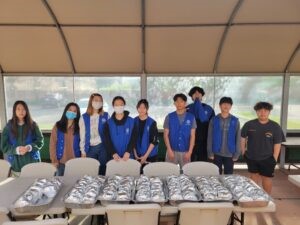 Lee is motivated to make a difference — even if the effort is small — to those around him. Seeing the grateful expressions on their faces each time reassures him that he needs to keep going.
Lee is motivated to make a difference — even if the effort is small — to those around him. Seeing the grateful expressions on their faces each time reassures him that he needs to keep going.